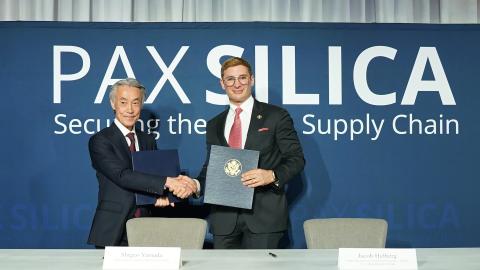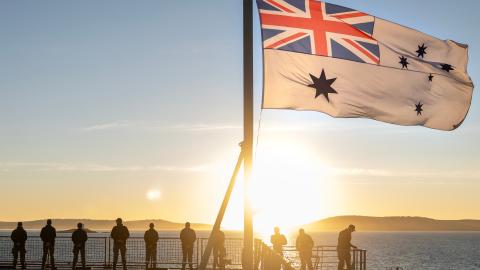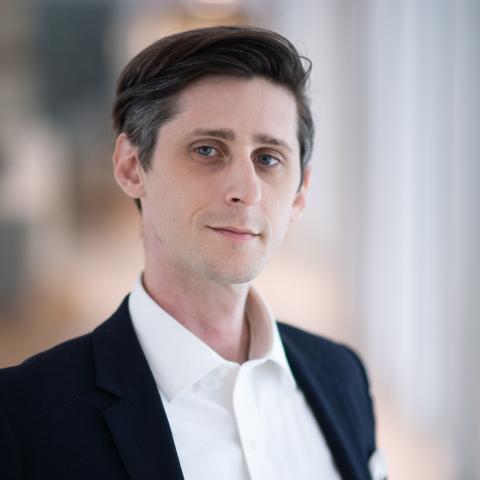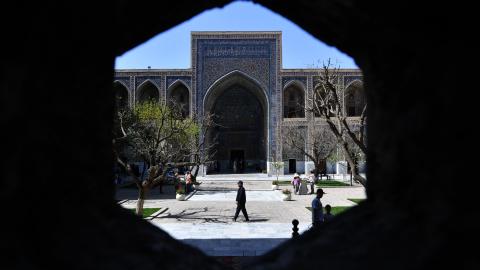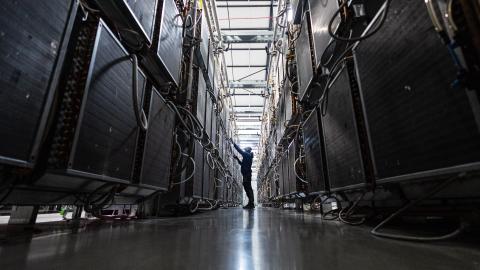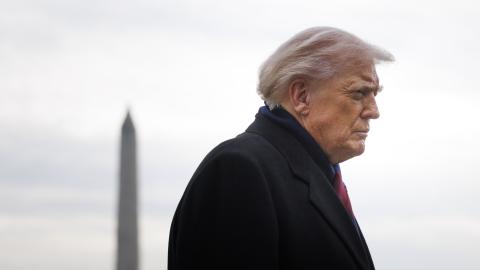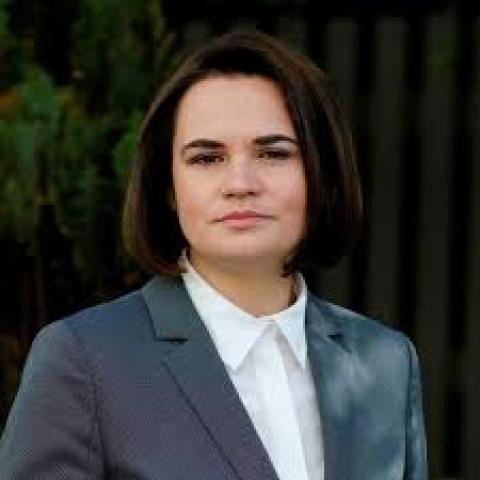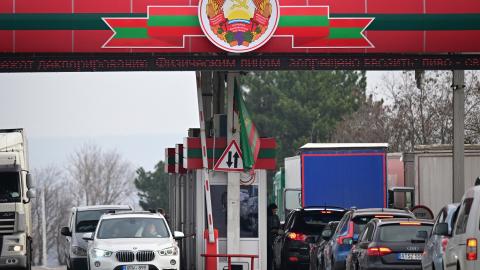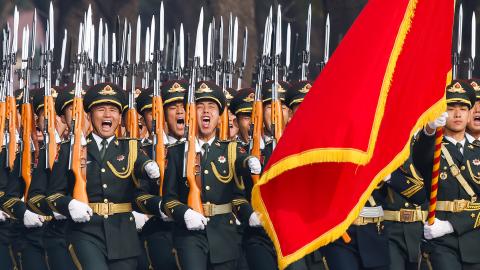
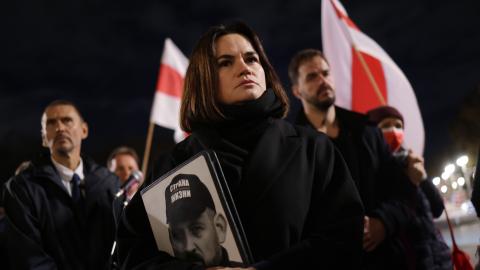
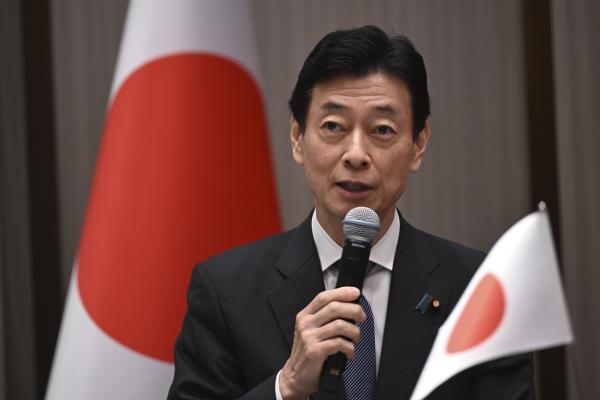
On January 20, Hudson Japan Chair Kenneth R. Weinstein will host Minister Yasutoshi Nishimura, former head of Japan’s Ministry of Economy, Trade and Industry (METI), for remarks on the Takaichi government’s economic security strategy.
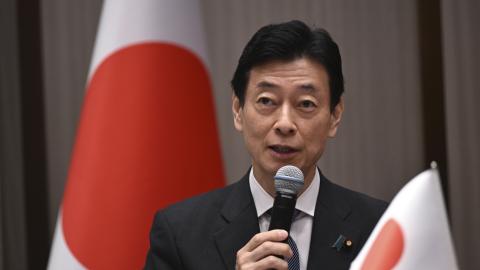
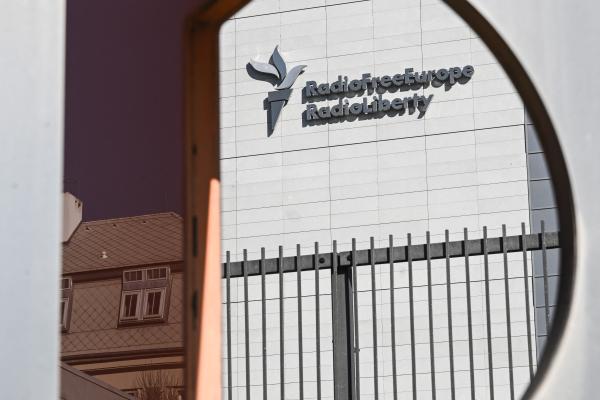
At Hudson, policymakers, experts, and stakeholders will gather for a conversation on next steps the US government should take to provide a future for RFA and RFE/RL and ensure comprehensive information access around the globe.
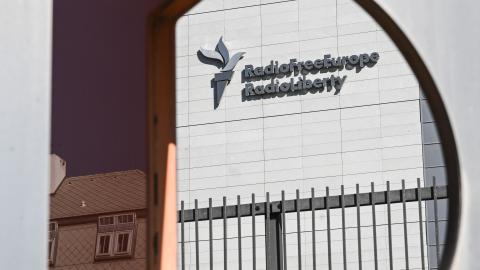
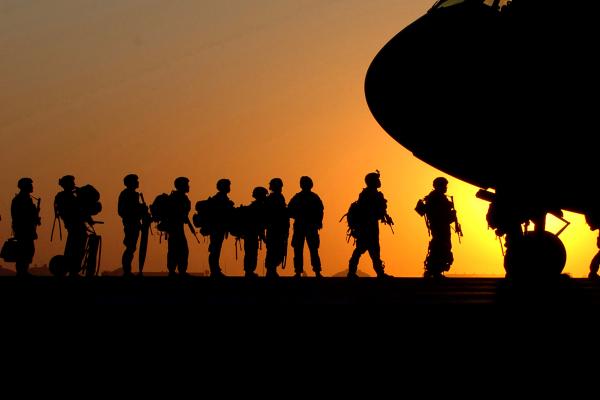
Apex Defense, in collaboration with Hudson Institute, will host a dynamic defense technology event that unites warfighters, acquisition professionals, startups, small and medium businesses, investors and industry leaders to tackle operational challenges from the seabed to space.

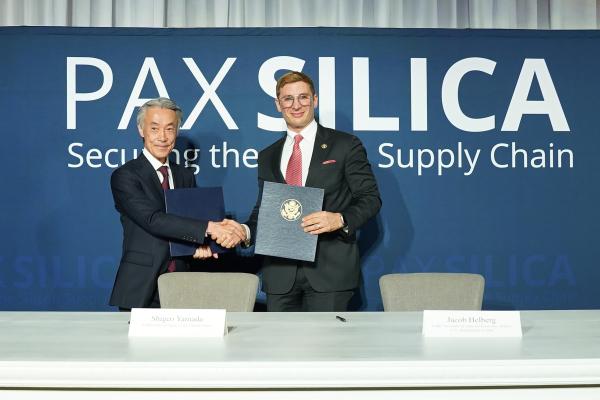
Please join Under Secretary Helberg and Hudson Executive Vice President Joel Scanlon for a discussion on the Pax Silicia initiative, America’s strategy to win the global AI race, and the new geopolitical imperatives of economic security and technology.
